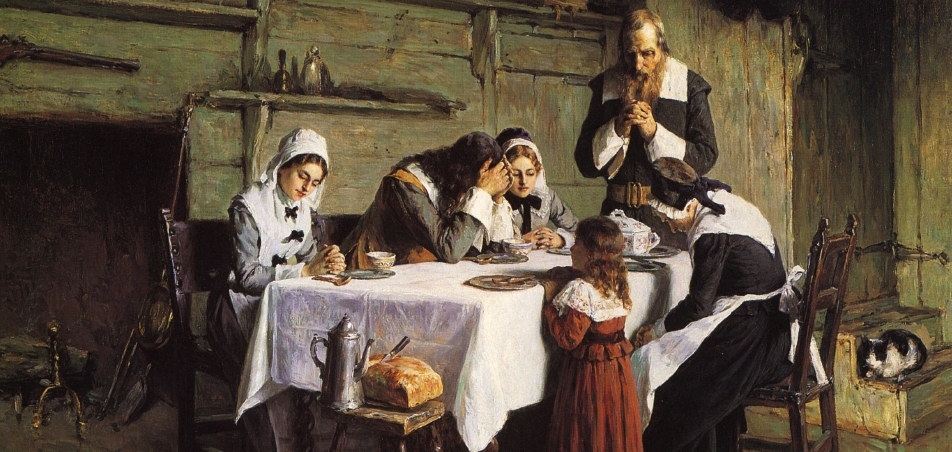Matt got us started on the TV/Pop Culture kick, so I figured it’d be OK if I made my own TV recommendation for Mere O readers.
Season 4 of AMC’s hit Mad Men will be debuting this July, which means you have a solid month to catch up on it before the debut. Here’s three reasons it’s worth checking out:
1) Everything I’ve come across says they’ve nailed the historical setting perfectly. The show’s first three seasons are
Login to read more
Sign in or create a free account to access Subscriber-only content.
